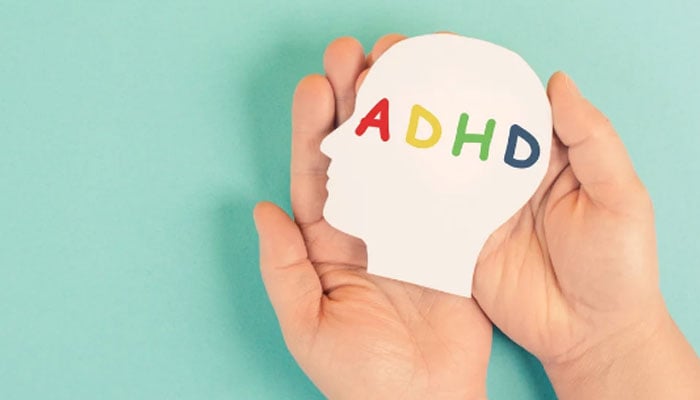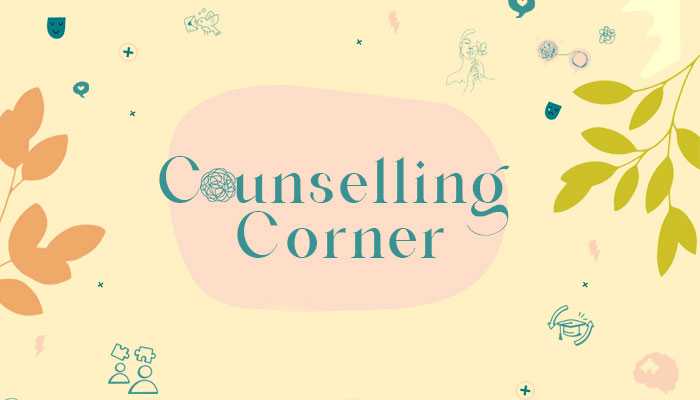
"There are times I just can't bring myself to do anything," says an exhausted millennial
October 17, 2024
Hi Haya,
I suffer from symptoms of ADHD and it is affecting my daily routine including both my personal and professional life. At this point, it is a self-diagnosed assessment but all the struggles I've experienced over the years have made me understand that this is ADHD.
I started studying some symptoms of the issue during the time I was looking after my mother when she was unwell around four years ago. It triggered a lot of issues like over stimulation and I also skin pick sometimes, and feel an immense urge to delay tasks. I feel like I've had it since school but it just intensified during the time I was caring for my mother.
Although I have learned to work around it. Like I would rather finish my work early so that I have my leisure time. But there are times I just can't bring myself to do anything. For instance, I would have work but would be lying on bed doing nothing.
Please help me understand how to overcome these feelings and improve my everyday life.
— An exhausted millennial

Dear exhausted millennial,
It sounds like you’ve been through a lot, especially while caring for your mother during her illness. This kind of intense caregiving experience can undoubtedly be overwhelming, and it is understandable that it could have triggered or intensified symptoms you may associate with ADHD. The emotional and physical demands of that situation are significant, and it is common for such life events to bring underlying issues to the forefront.
First and foremost, I highly recommend seeking a formal assessment from a psychologist or psychiatrist. While your experiences and observations are completely valid, a formal assessment can provide much-needed clarity and help eliminate any lingering doubt about what you’re experiencing. Professionals can offer insights and confirm whether your symptoms align with ADHD or if there may be other factors at play.
You mentioned that you've recognised certain patterns in your behavior, including overstimulation, task avoidance, and skin picking. It is important to explore these patterns further and understand how they affect your daily life and emotional well-being. Identifying your triggers can be a crucial first step toward managing these symptoms. For instance, notice what situations tend to lead to feelings of overwhelm or avoidance, as this awareness can guide you in developing coping strategies.
There are various strategies we can discuss that may help you manage your symptoms more effectively. One practical approach is to break tasks into smaller, manageable steps. Large tasks can feel daunting, so when you divide them into smaller segments, they become less overwhelming and more achievable. Additionally, setting specific and achievable goals can provide you with a clearer direction and a sense of accomplishment as you complete each step.
You might also find techniques like the Pomodoro Technique useful. This method involves working for a designated period, such as 25 minutes, followed by a short break. This can help maintain your focus and create a structured approach to completing tasks while allowing for necessary downtime.
Amidst all these strategies, practicing self-compassion is key. It is perfectly okay to have days where you struggle to get things done. Everyone experiences fluctuations in their productivity and energy levels, especially when dealing with underlying challenges. Incorporating mindfulness practices into your routine can help you become more aware of your thoughts and feelings without judgment. This awareness allows you to respond more effectively to your internal experiences rather than reacting impulsively or feeling overwhelmed.
Finally, while self-diagnosis can provide valuable insights, I strongly encourage you to work with a trained mental health professional. They can help clarify your experiences and explore potential treatment options tailored to your needs, including therapy or medication if appropriate. There is a wealth of support available to you, and engaging with a professional can make a significant difference in how you navigate your daily life.
In summary, while your self-awareness and proactive approach are commendable, a formal assessment and professional guidance can enhance your understanding and management of your symptoms. By implementing practical strategies, practicing self-compassion, and seeking professional support, you can work towards improving your everyday life and overall well-being.
— Haya

Haya Malik is a psychotherapist, Neuro-Linguistic Programming (NLP) practitioner, corporate well-being strategist and trainer with expertise in creating organisational cultures focused on well-being and raising awareness around mental health.
Send her your questions to [email protected]
Note: The advice and opinions above are those of the author and specific to the query. We strongly recommend our readers consult relevant experts or professionals for personalised advice and solutions. The author and Geo.tv do not assume any responsibility for the consequences of actions taken based on the information provided herein. All published pieces are subject to editing to enhance grammar and clarity.













